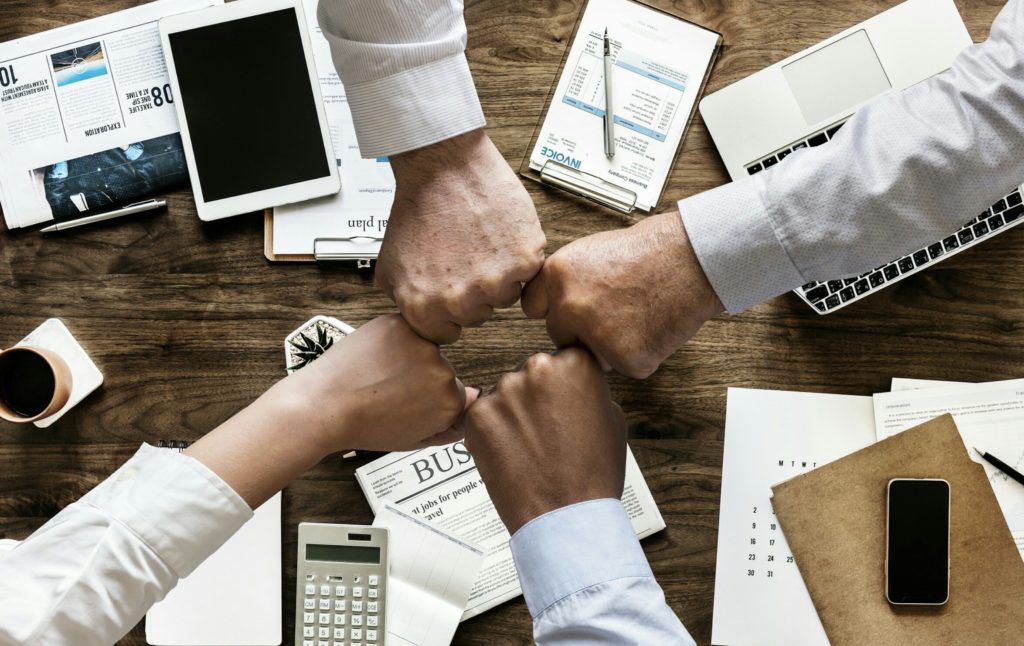Johanna Hautamäki
In November 2017 we kickstarted a new project GENIUS – Innovative Interdisciplinary Contextual Education Using Games Development between five higher education institution from different countries. The goal was to develop something more for interdisciplinary and intercultural education besides the classical academia approach. Project was based on the needs identified during previous co-operations between international partners. In this article I share our experiences and results.
Project GENIUS background and goals for learning soft skills
Our EU funded Erasmus+ Strategic Partnership project GENIUS took place 1.11.2017-31.12.2020. Partners in this project have good previous history of co-operation and strong combination of interdisciplinary competence in fields such as IT and business. Project consortium consisted of higher education partners from five countries; University of Lodz (Poland), Artesis Plantijn Hogeschool Antwerpen (Belgium), Centria University of Applied Sciences Kokkola (Finland), Dundalk Institute of Technology (Ireland) and ISPGAYA Vila Nova de Gaia (Portugal).
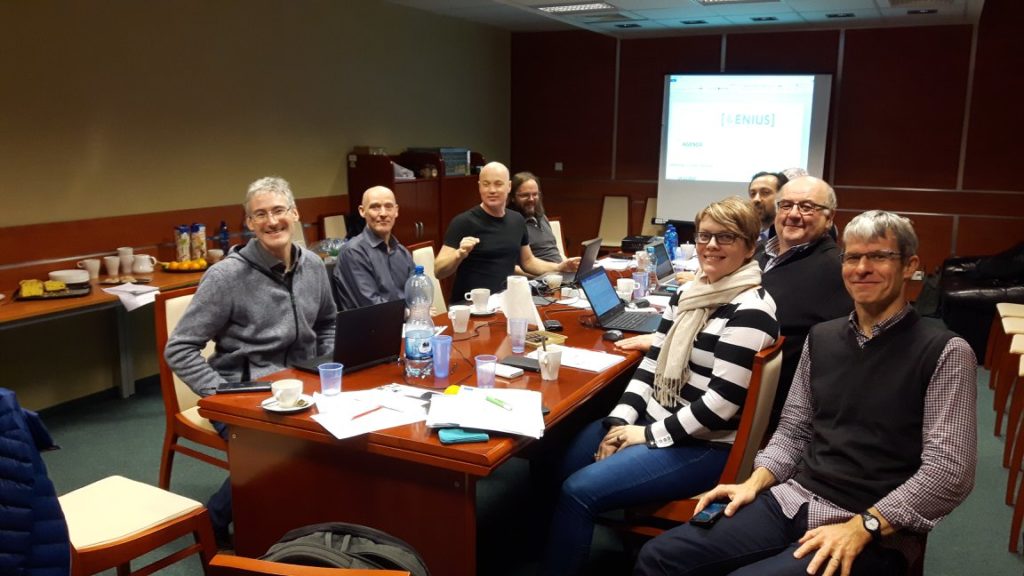
As a starting point, we had a couple of questions and observations. How to prepare our higher education graduates for globalizing and digitalizing working life, to work with people with different backgrounds? How will they learn to tackle complex problems that need wide range of professionals from different fields to solve it? For this they need soft skills competence to give tools for interdisciplinary teamwork, such as better communication between technical and non-technical people (Podlaski, Milczarski, Hłobaż, Monteiro, O’Reilly, Hautamäki, Bollaert, Possemiers & Neves, 2020, 1.) In software development there is a need for various soft skills to improve teamwork, development processes and understanding about users and the use context. These questions and ideas of training soft skills with students were the foundation for the GENIUS project. Preliminary list of needed soft skills were included in GENIUS Erasmus+ application (b GENIUS, 2017, 26):
- skills on interdisciplinary and international team work
- spirit of entrepreneurship
- cross-cultural understanding
- critical thinking
- self-management
- creativity
- innovative problem solving
- communication and language skills
The action plan of the project was to create and test, development through trial, methodology for soft skills’ development in interdisciplinary and international teamwork by organizing three ten-day events. During the project there were objectives at two levels. During the whole project partners were developing the methodology by running events, testing and developing further didactic materials and method implementation protocol. The students were learning the soft skills by doing the actual development work in practice with interdisciplinary and international teams. The results of the project were aimed to benefit the development of education and working life. The educational objectives of the project were presented in the official website at the beginning of the project (a GENIUS, 2017) to learn:
- cooperation in diversified groups
- communication skills needed to operate
- goal oriented way of working in projects to identify and solve problems
- decisions making process at the operational, tactical and strategic levels
- entrepreneurial way of working
- transparent system of evaluation and control of the educational process
- presenting the project working process and achievements as proceeding and the final results
The target group of students was bachelor and master level students from different fields to implement the interdisciplinary team work. Participating students had background in fields such as IT with technical knowledge, economics and business with management and business model knowledge, tourism with knowledge of modern needs of tourism services, art faculties with knowledge of visualization, culture and art.
GENIUS events, the methodology and my perspective
The methodology was built around gamification and contextual games. Gamification is easily approachable and inspires participants to try out new perspectives. Especially contextual games connect the work to real life. GENIUS didactic methodology has two parts: online pre-event and actual event. The purpose of developed online materials is to prepare participants for main events by learning the needed theory. The studying before the workshop event is important to make sure that the students from different fields are prepared with sufficient knowledge level in order to be able to participate equally. For example, this ensures that IT-students from different countries have similar level of skills in chosen programming language, platforms etc. Not all students were required to have programming skills, but skills from different fields. The second part, main events were ten-day intensive workshop events in person at different partner locations. During these workshop events the students formed interdisciplinary and international teams and worked on actual assignments from working life partners. (Podlaski etc., 2020, 2-3.)
The structure of the workshop events was planned in detail during the project and improved with experiences from arranged events. At the beginning of the workshop events students formed diverse teams of five persons, one from each partner school and from different study fields. A mentor was assigned to each group, whose role is to advice the team during the event. Teams organize the development work independently within given time frame and guidelines, the role of the mentor is supportive and reflective. During the ten days event each team designs and produces a functional prototype of a contextual game to a given working life assignment. The themes in arranged two events were “Elderly care in Europe, especially in Finland” by Raisoft Ltd and “Motivate people to sports activities in the city of Antwerp” by city of Antwerp. Teamwork also included to plan a business model and for example find out information about the product user. The 10 days of intensive working contains daily check-ups with team mentors and mile stone presentations with all mentors where the teams get the feedback of their idea and prototype. In the end of the workshop event teams present the whole work process and the prototype. Presentations also include the business model, customer knowledge and what kind of research they have done and how would the product position to existing market.
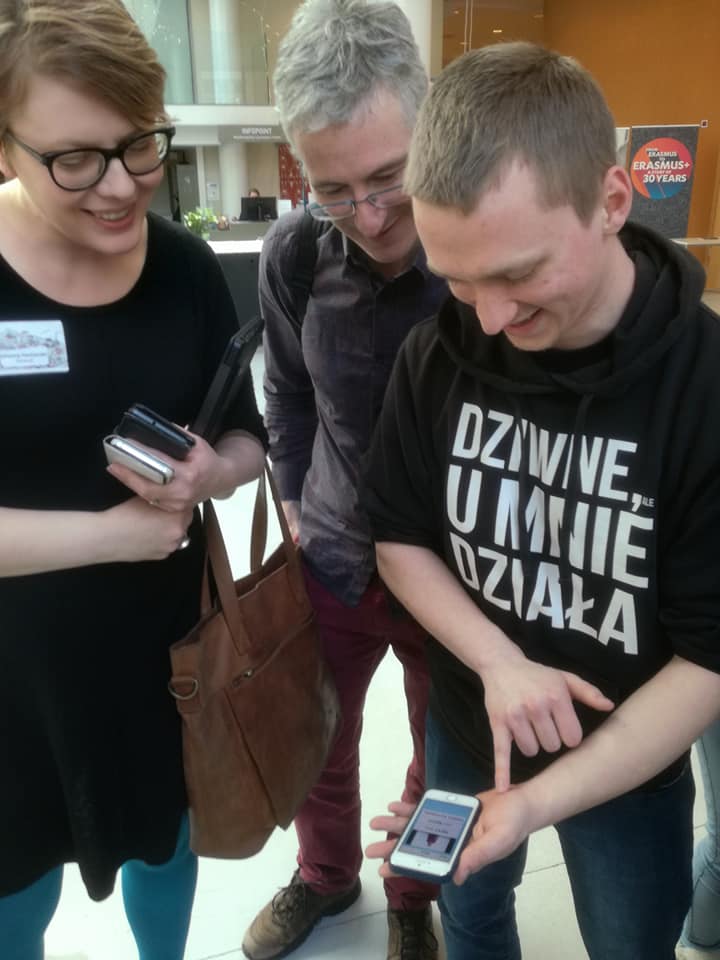
My background is in service design and this is the perspective that I brought in to the didactic materials, protocol development and mentoring during the events. My goal was to bring along service design approach to user experience and services in software development. Service design approach can include:
- Multidisciplinary co-creation methods
- Achieving better understanding of the user needs and their everyday life, the use context
- Participatory and holistic approach, understanding on all the stakeholders
- Empathy
- Observing new possibilities
- Iterative process, development through trial
- Prototyping the immaterial to visible
The plan was that during the GENIUS project we would run three workshop events: 2018 in Pietarsaari (Finland), 2019 in Antwerp (Belgium) and 2020 in Porto (Portugal). As we all know a great number of plans for 2020 were changed due to COVID-19, and so we also had to cancel the third event in Porto. The benefits of physical meeting such as the spirit of co-operation and international social networking wouldn’t have been the same in a virtual event, so we ruled that out as a replacement. In the organized two events, we had nearly 100 students and 15 mentors working in teams on contextual gaming. The students presented very diverse cultural and study field backgrounds, so our goal for active learning with interdisciplinary and international teams in real life intensive projects was successful. This diverse group of students and mentors meant that they all had first-hand real experience in didactic, co-operation, teamwork, communication and spirit of entrepreneurship, the soft skills and experiences, that were the goal and purpose of the project.
During the project, the partners created and tested 10 study modules from different fields of expertise to support the work during the workshop events. Also, the workshop event method protocol was documented and tested during the project, as planned. As a result, the full GENIUS methodology implementation and didactic materials are available in the official project website. (a GENIUS, 2017.)
At the end of the project, what do we take home with us
The project core group has been working together close to ten years now with different projects. As can be expected with this time period there have been some changes in staff, but a great spirit of co-operation remains. The experience during the workshop events is really memorable both with the students and mentors. They make connections that will last a long time. Students gain experience and learn a lot, but they also create international and interdisciplinary network with students and mentors for their future working life. When people meet and spend more time together than just official meetings, they make deeper connections and reach intercultural and interdisciplinary understanding. This has been one of the key benefits that has come up in feedbacks from participants when reflecting physical workshops at on-line hackathons with GENIUS participators.
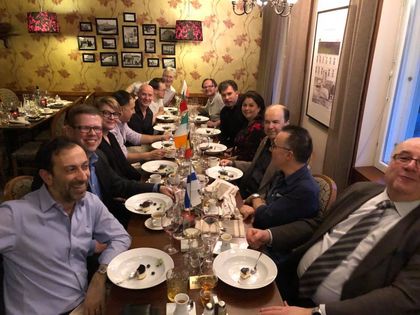
In general, based on this successful experience with GENIUS events, we have more international and interdisciplinary hands-on experience in actual working life context to be utilized in future with new students during their studies. Some key lessons from my personal perspective were that for a team to be successful, all skills from different disciplines are needed, not just technical. The teams who understand this from the beginning and utilize all the participants’ talent have the potential to succeed. Learning does not come easily, the teams whose working process during the workshop event is smooth sailing, so to speak, are not the ones who learn the most. The ones who struggle and therefore have to find new ways of doing things during the workshop process learn the greatest lessons.
This developed protocol can also be applied internally in all kinds of working life organizations. From working life perspective, this way of working can be interesting for getting fresh new perspectives and for recruitment purposes. By implementing this kind of protocol, both potential employee and employer can get to know each other deeper than in a mere interview. They share a lot of tacit information and both parties get to see how they work as a team. This protocol can be applied to a short and intensive workplace practice, how to include and guide student work during it. By using this way of team working, a company can give assignment to group of students and provide mentors for guiding the process. Participating in this kind of workshop event you can observe and get to know students from different fields and gain fresh perspectives from new talents.
As we close a chapter and leave behind the GENIUS -project, even with the unfortunate year of 2020, it has been a great experience for me. At Centria we are gaining a lot by applying the know-how of developed didactic materials and the implementation protocol to new contexts. The co-operation with GENIUS project partners will continue in many forms, for example in new international projects. It is safe to say, with this experience we all gained new international and interdisciplinary know-how and many new friends.
References:
GENIUS, 2017 (a). GENIUS – Innovative Interdisciplinary Contextual Education Using Games Development. Official project website. Available: http://geniusgamedev.eu/. Referred 21.12.2020.
GENIUS, 2017 (b). GENIUS – Innovative Interdisciplinary Contextual Education Using Games Development. Submitted Erasmus+ funding project application.
Podlaski, K., Milczarski, P., Hłobaż, A., Monteiro, J.C., O’Reilly, D., Hautamäki, J., Bollaert, H., Possemiers, P. & Neves, N. 2020. A methodology for soft-skills improvement via game development intensive project. EDULEARN20 Proceedings, pp. 5467-5474. Available: https://library.iated.org/view/PODLASKI2020AME. Referred 21.12.2020
Johanna Hautamäki
RDI expert/Service designer
Centria University of Applied Sciences
Tel. +358 40 631 6754

